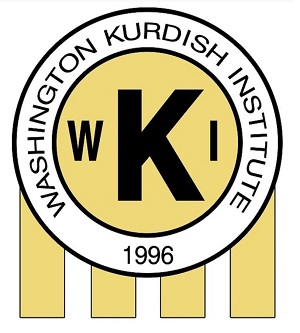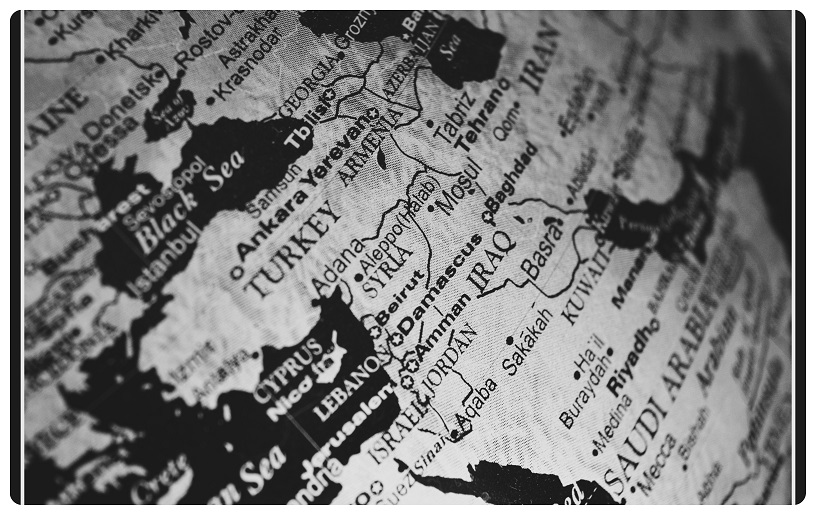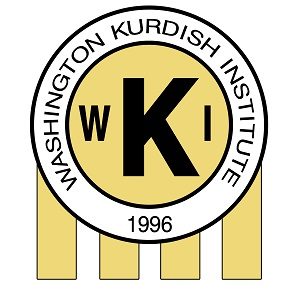By: Vincent Campos | October 25, 2023
Synopsis: Iraq must not succumb to internal pressure from Tehran-friendly politicians and influencers. Provocations by Iran, its proxies, or Iraq’s Popular Mobilization Forces (PMF) elements conducted against US military units and diplomatic facilities in Iraq, especially in or near the Kurdistan Region of Iraq (KRI), could leave the Kurds vulnerable to either collateral damage or even direct fire unless Baghdad intervenes without any hesitation. The absence of such a clear and authoritative message from Baghdad would be considered an unmistakable and ill-advised signal that the Kurds have now become open targets for attack.
Initial Attack, Retaliation, and an Expanding Crisis
The Hamas surprise attack launched against Israel on October 7 and the vicious atrocities that ensued shocked much of the world and resulted in immediate condemnation by UN Secretary-General Guterrez. Israel’s response was both swift and decisive in their declaration of war against Hamas that was punctuated by the massive wave of retaliatory strikes conducted by the Israeli Defense Force which continue through today.
Sadly, innocent civilians have been impacted on both sides of the border by all these actions. For their part, most Palestinian who are neither Hamas sympathizers nor militants battling against Israel have been caught in the crossfire. The Gaza Strip, arguably one of the most densely populated areas on the planet with an estimated 2.3 million inhabitants, has now become ground zero as the IDF’s principal target to eliminate Hamas.
An Uncertain and Precarious Future for the Kurds
In only a matter of weeks, multiple fronts in this crisis have developed as nearby Iranian proxies, in particular Lebanon’s Hezbollah fighters, have entered the fray. Regionally, rockets have already been launched at Iraq’s Ain al-Assad air base that houses US military forces and also at the US Embassy’s Baghdad Diplomatic Support Center near the Baghdad airport. Meanwhile, the US Navy destroyer USS Carney while transiting the Red Sea recently intercepted drones and missiles fired from Yemen towards Israel. Internationally, protests in support of Palestine have attracted significant numbers in locations such as Los Angeles, New York City, London, Geneva, and various other western locations.
Within Iraq, Hadi al-Amiri wasted no time in lauding the Palestinian victory against “the Zionist enemy” while declaring the US a target if it intervened alongside Israel, This predictable yet inflammatory rhetoric, however, carries the risk of encouraging misguided and malign reactions by elements of the PMF and Iran’s Islamic Revolutionary Guard Corps (IRGC), among others, to seek retribution against Israel and its western partners. With increased threats from Tehran-friendly elements, Kurdistan – long vulnerable to violent Iranian aggression – can become even more vulnerable if al-Amiri’s ill-advised rhetoric morphs into lethal kinetic actions.
In recent years, the Kurds have come targets of various domestic and regional forces. The Baghdad-led invasion of Kirkuk in October of 2017 marked an indelible inflection point in Erbil-Baghdad relations that will not soon be forgotten. In the subsequent years, the Turks increased their military operations and attacks in Kurdistan by targeting the Kurdistan Workers’ Party (PKK), a violation of Iraq’s sovereignty that has often resulted in little more than cursory objections from Baghdad. For their part, Iran typically acts with impunity when launching attacks on targets within Kurdistan. In these cases, Baghdad has often been viewed as a silent partner of the aggressors while the Kurds remained principal targets of vulnerability and exploitation.
Baghdad’s Responsible Choices – and, Risks!
Iraq’s internal security will not become enhanced by entering, either directly or indirectly, the Israel-Hamas crisis. Furthermore, Iraq must not allow Tehran transiting rights to supply its proxies with the arms they seek to conduct attacks against Israel and US assets within the region. And finally, Baghdad must avoid any actions that could encourage the PMF and similar groups to initiate and escalate attacks against US assets in Iraq as well as against facilities and vulnerable civilian populations located in Kurdistan, Kirkuk, and the disputed territories.
In view of the increased US military deployments in the Middle East, in particular the two US aircraft carriers ordered to take positions in the Eastern Mediterranean, Baghdad for its part must take all necessary measures to ensure that attacks against any US facilities in Iraq are avoided and that the Kurdistan Region of Iraq be considered “off limits” for any aggression both within Iraq and from neighboring countries. The potential for reckless attacks by PMF elements aligned with Tehran, from IRGC units, or from regional Iranian proxies represent a risk that Baghdad simply cannot allow.
Disclaimer: The views expressed here represent those of the author and not necessarily those of the WKI.


